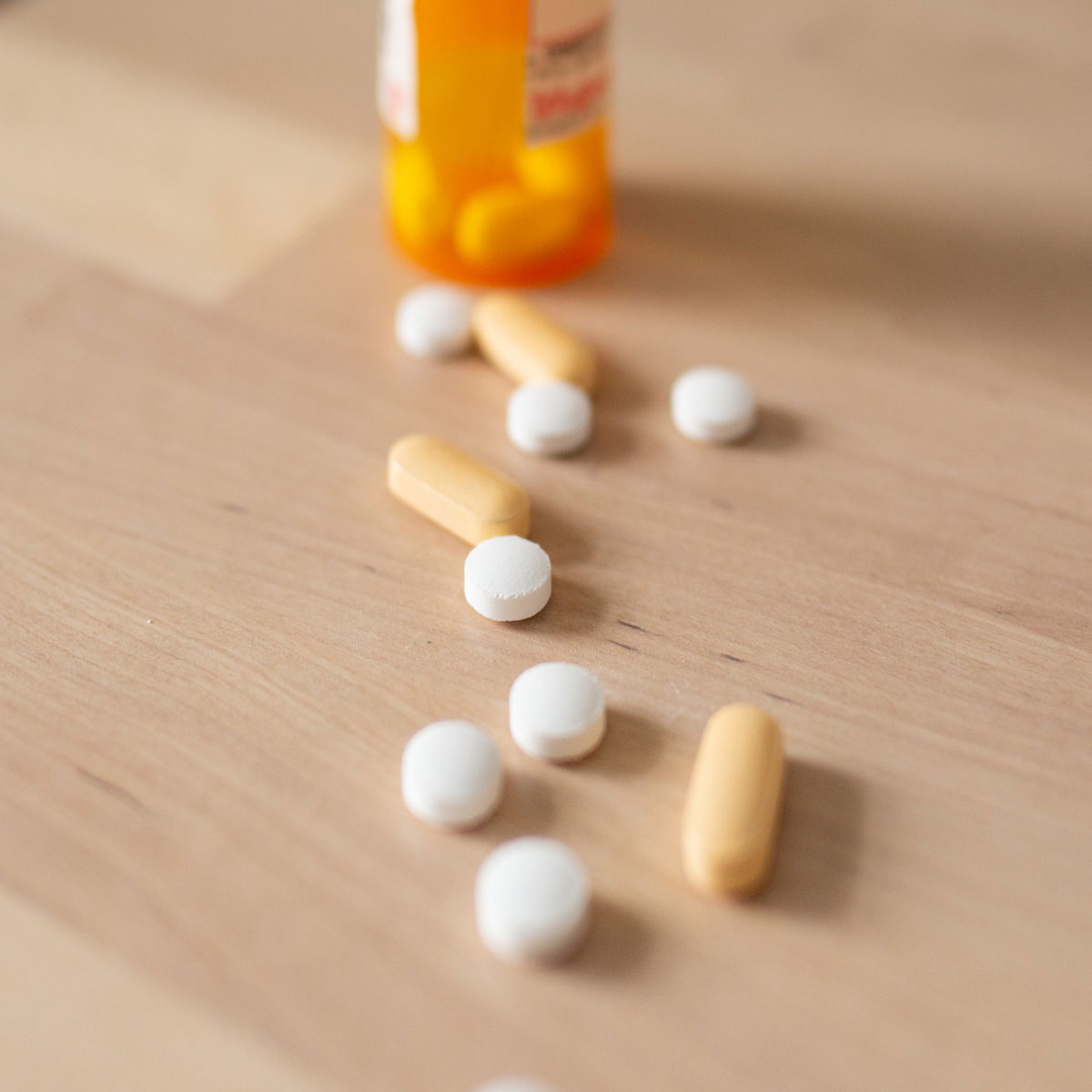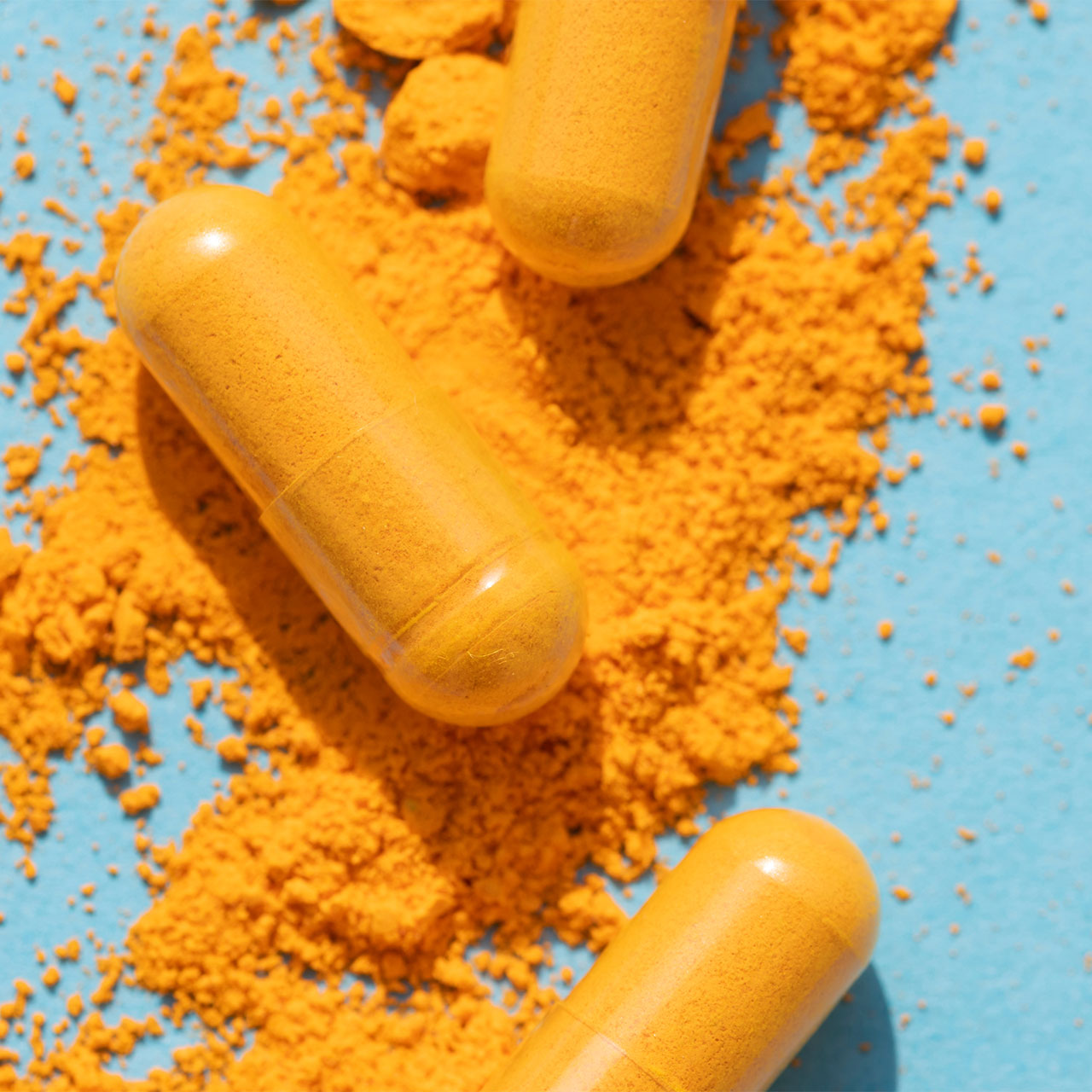Since supplements are meant to improve areas of your health—whether it’s your energy levels, your sleep, or even your metabolism—you may not frequently consider the fact that many of them could actually be dangerous. As it turns out, though, there are a lot of supplements out there that can pose a significant risk to your health and safety if you’re not careful, especially if you have preexisting health complications. In fact, there are many popular options that health experts recommend steering clear of if you struggle with liver and kidney issues.
To shed some light on a few of the most dangerous supplements that could take a toll on your kidneys and liver, we spoke to registered nurse Lauren Thayer. She warned us that certain herbal supplements, including kava, “are particularly harsh on the liver and should be used with caution.” Additionally, she says, supplements like creatine, as well as fat-soluble supplements that include vitamins A, D, E, and K “should be avoided if you have kidney disease because they can build up in your system.” Learn more about the risks of each of these supplements below.

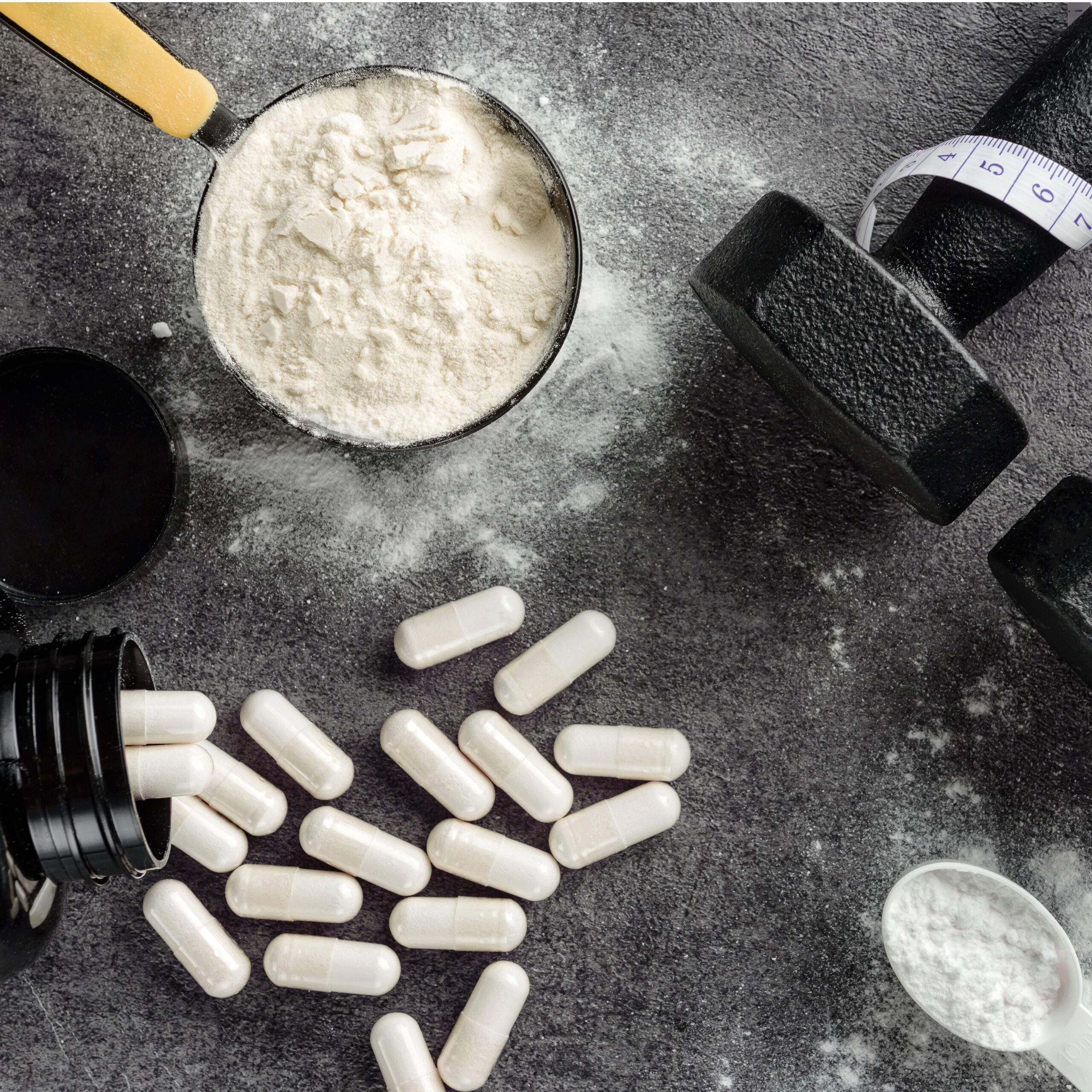
1. Creatine
Thayer tells us that although they may be safe in moderation, consuming creatine supplements in excess could pose a significant risk to your kidneys by causing a potential build-up of this compound. Lisa Richards, nutritionist and creator of The Candida Diet, seconds this warning, especially in individuals who already struggle with kidney issues.
'There is some concern that excessive or prolonged use of high-dose creatine supplements could potentially strain the kidneys," she says. "Creatine is metabolized in the body and excreted by the kidneys. Long-term use of very high doses may put additional stress on the kidneys, but there is limited concrete evidence to suggest that it can cause kidney damage in healthy individuals."
As she notes, just as with any other supplement, "it's essential to use creatine as directed and consult with a healthcare professional, especially if you have preexisting kidney issues." All in all, it's always a good idea to consider your unique circumstances and speak to a healthcare provider before adding a new supplement to your regimen in order to ensure your own health and safety.
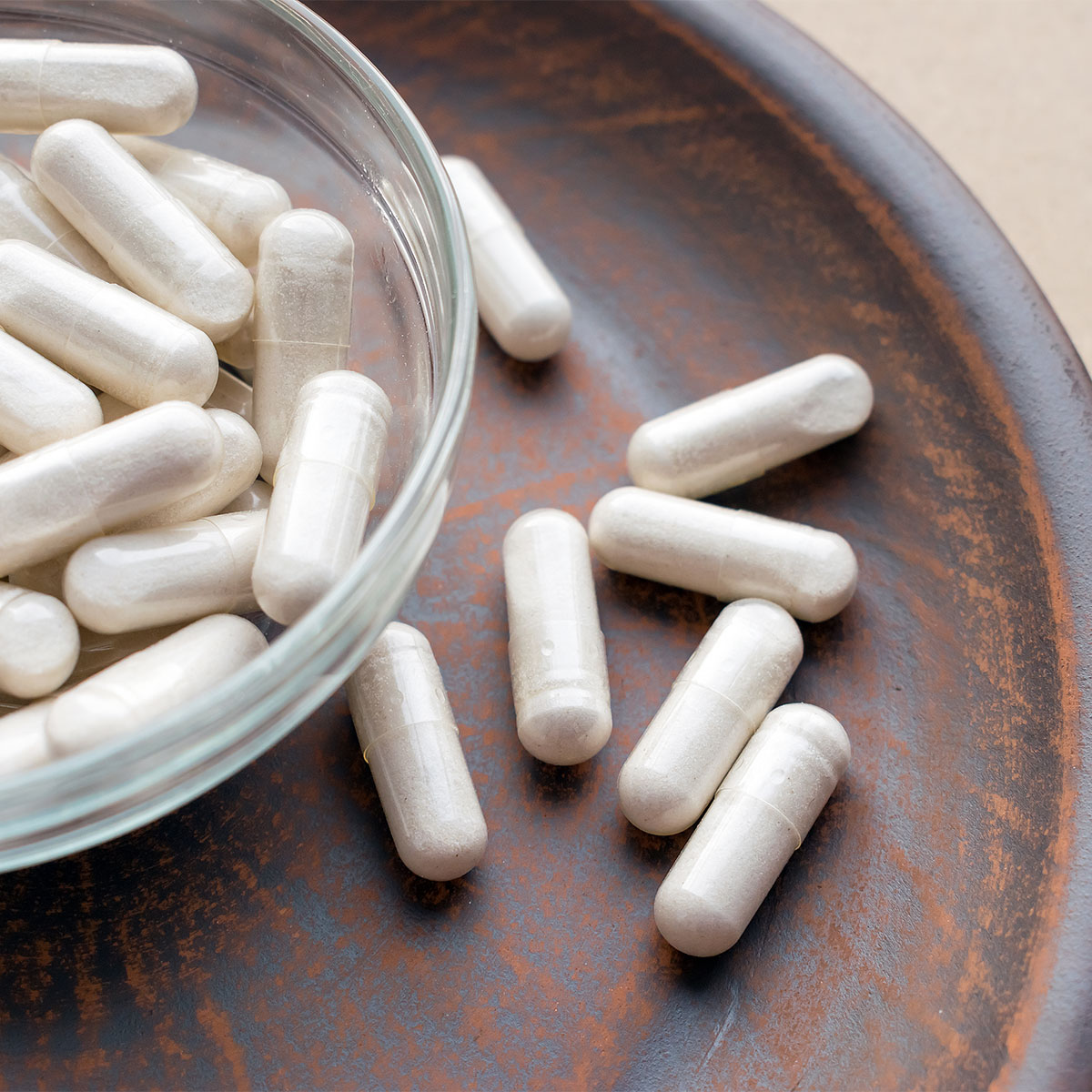
2. Kava
As Thayer points out, there are many herbal supplements out there that could harm your kidney and liver health. One such supplement is kava, which is known for its stress-reducing properties. Jesse Feder, registered dietitian, broke down a few of the risks of this supplement for us.
"Kava, which is typically consumed as a tea, is a supplement known to promote relaxation," he says. "However, consuming kava regularly has been shown to affect enzyme and antioxidant activity in the liver which can lead to liver damage. Additionally, kava may decrease blood flow to the kidneys and cause increases in harmful metabolites which can also damage them." Yikes!
Although kava is likely safe for healthy individuals to consume in moderate quantities as directed, those who struggle with their kidney and liver health may be better off avoiding this supplement and seeking alternative methods to manage stress.
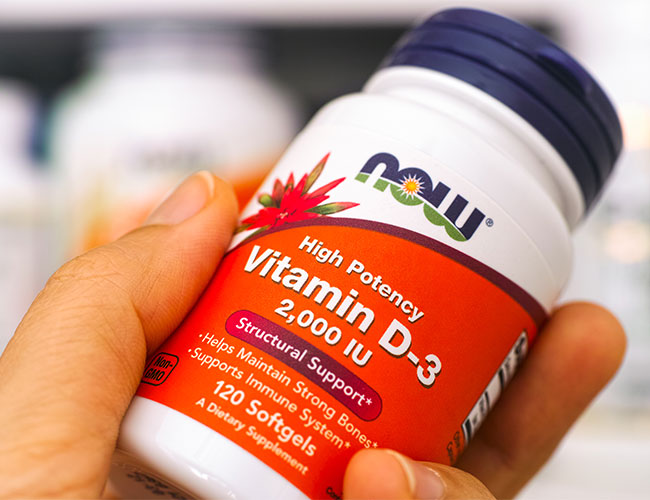
3. Fat-soluble vitamins
Fat-soluble vitamins, including those that contain vitamins A, D, E, and K, are among the most popular supplements out there. Many of these vitamins are even included in daily multivitamins. However, Thayer says you should be careful of how much of these vitamins you consume, as an excess could cause issues for your liver and kidneys.
Feder agrees. "While taken in normal amounts, vitamins A, D, E, and K are harmless, however, certain supplements may contain high amounts of them which can be damaging to your liver and kidneys," he says. "These vitamins are fat-soluble and do not get excreted out of the urine easily like water soluble vitamins do. This causes a buildup and can damage your organs."
For this reason, it's crucial to pay attention to and follow the recommended dosages of these supplements—and any other supplement you consume.

The bottom line
Ultimately, although these supplements may be dangerous if you consume too much of them too frequently (especially if you have preexisting kidney or liver problems), most of them are generally safe for consumption. The key to taking them safely, just as with any other supplement or medication, is to follow the recommended dosages and other guidelines, stay educated on the risks at hand and any potentially dangerous interactions with anything else you're taking, and, when in doubt, speak to a doctor before taking them.
Additionally, as Thayer concludes, "Eating a balanced diet with many fresh fruits and vegetables is the best way to ensure you are getting all of your vitamins and nutrients. If you feel you need supplementation, it is important to talk with your healthcare provider to ensure it is safe for you to do so." Got it!
READ MORE: The 2 Most Dangerous Supplements To Take If You Have High Blood Pressure, Doctors Warn





